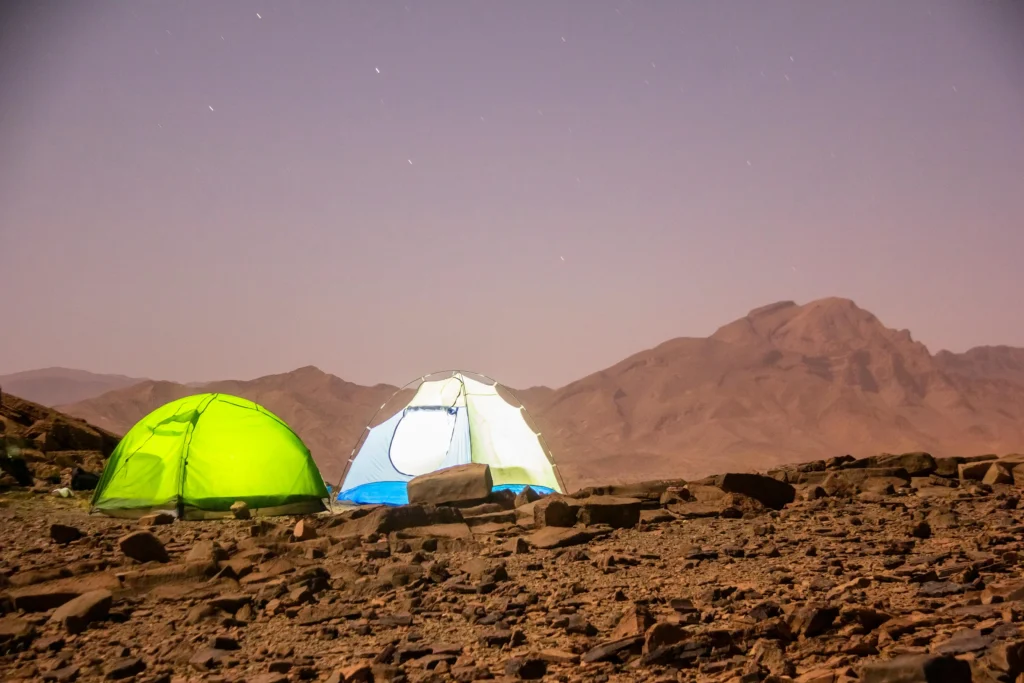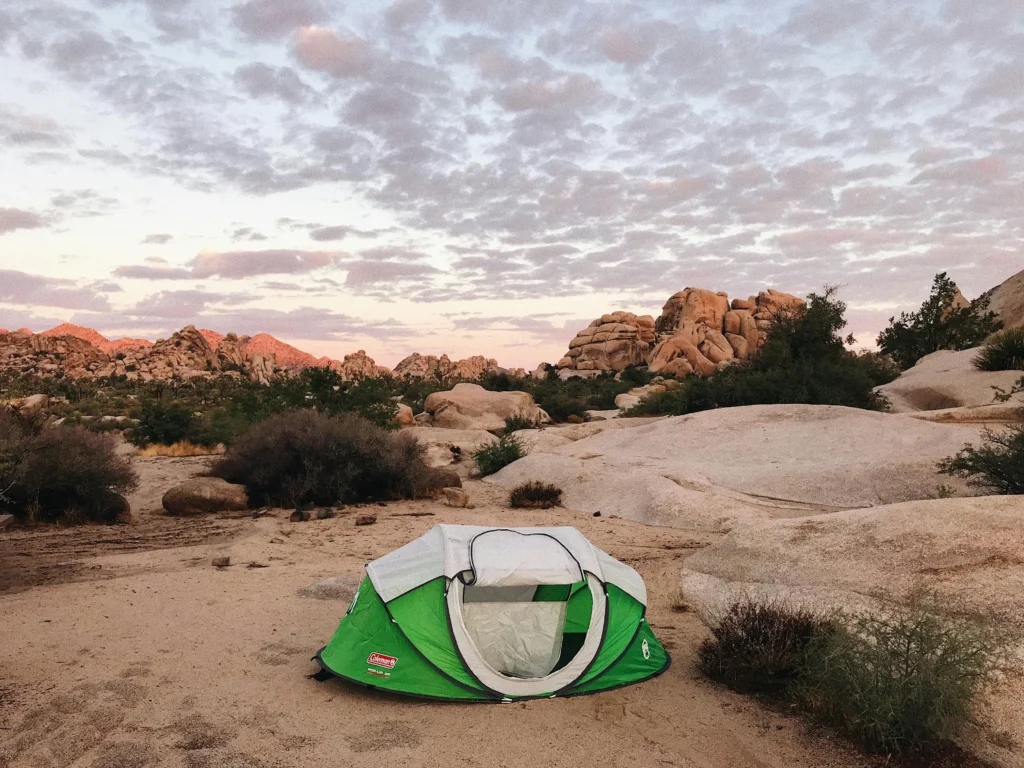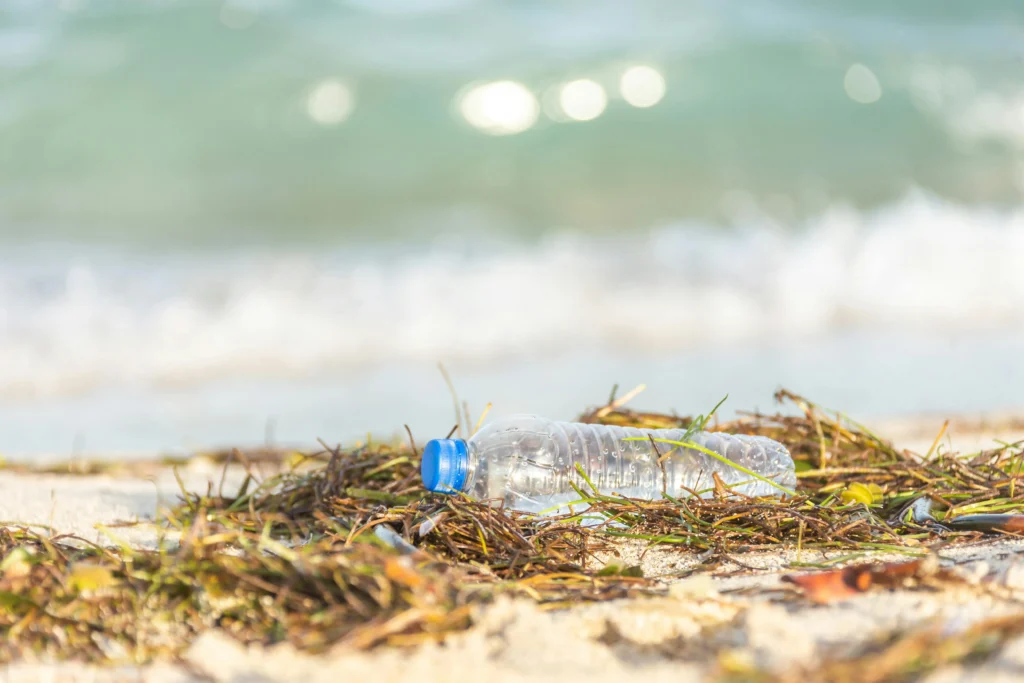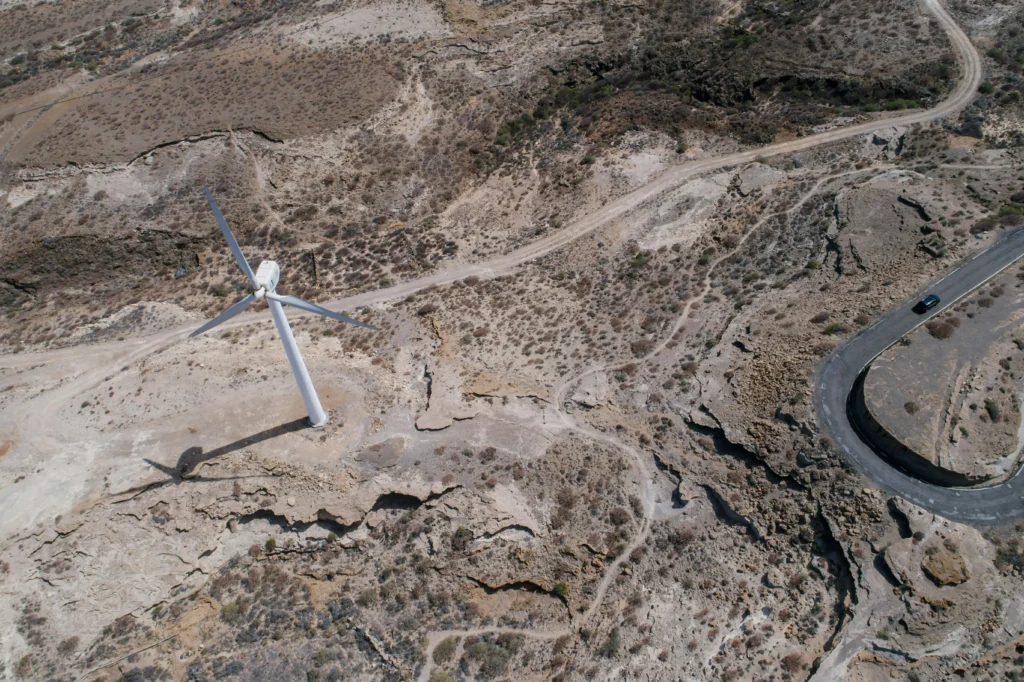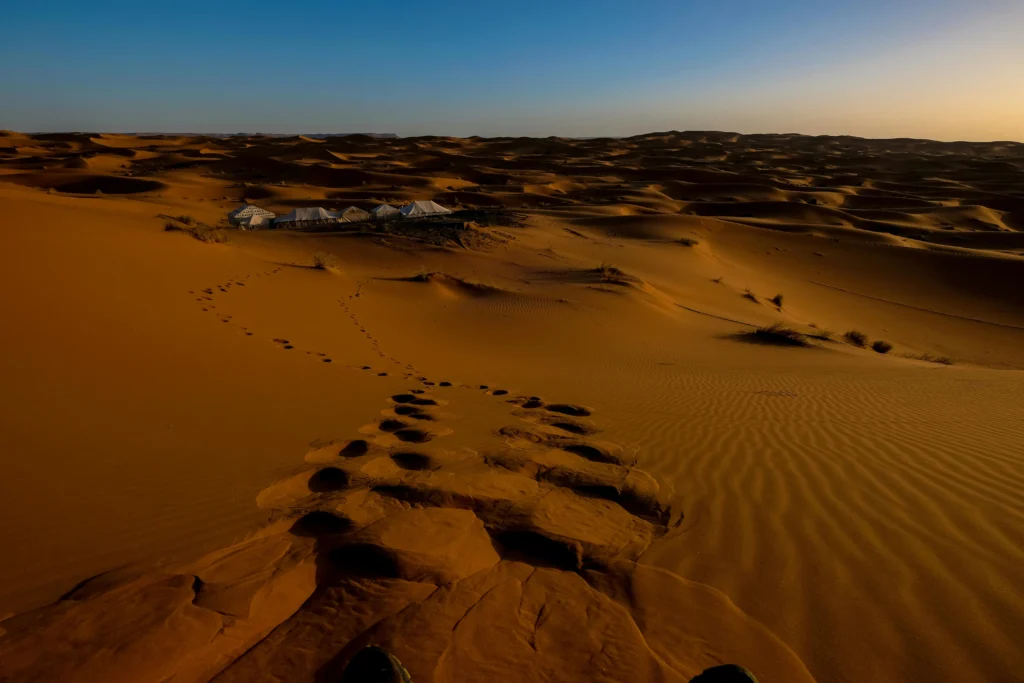The Ultimate Guide to Overnight Camping (2025)
Dry camping tips
Definition of Dry Camping
Dry camping, often referred to as boondocking, involves setting up camp without the conveniences of water, electricity, or sewage connections. This experience allows campers to immerse themselves in nature by utilizing their own resources. Imagine waking up to stunning views of a sunrise over the mountains, far away from crowded campsites.
Benefits of Dry Camping
Embarking on a dry camping adventure comes with a plethora of advantages:
- Connection with Nature: Experience the wilderness at its finest, free from distractions.
- Cost-Effective: Save on camping fees by choosing remote sites.
- Less Crowded Locations: Discover hidden gems away from populated campgrounds.
- Freedom and Flexibility: Create your own schedule without dependency on facilities.
Each camping trip can become a unique adventure filled with personal growth and memorable experiences!
Essential Preparations for Dry Camping
Choosing the Right Location
Selecting the perfect campsite is crucial for a successful dry camping experience. Look for spots that prioritize safety, accessibility, and natural beauty.
- Research beforehand: Use apps and websites dedicated to camping locations.
- Consider terrain: Find level ground for easy setup and comfort.
- Proximity to water sources: While dry camping means limited resources, nearby water bodies can be a lifesaver for activities and purification.
Packing Essential Supplies
Once your location is set, the next step is ensuring you have the right gear. Here’s a handy checklist to keep you prepared:
- Water storage containers: Never underestimate the need for ample water.
- Portable cooking equipment: A camping stove can be crucial for meals.
- First aid kit: Safety should always come first with basics like band-aids and antiseptics.
- Tent and sleeping gear: Quality sleep means a great camping experience.
Packing thoughtfully allows you to focus on enjoying nature instead of worrying about supplies!
Tips for Conserving Water
In dry camping, conserving water is paramount, as supplies can be limited. Here are some practical tips that I’ve personally found helpful:
- Use biodegradable soap: This not only helps the environment but also minimizes water use during cleanup.
- Opt for sponge baths: A wet washcloth can refresh you using far less water than a full shower.
- Limit cooking clean-up: Prepare meals that require fewer dishes; one-pot meals can work wonders.
Proper Waste Disposal Techniques
To preserve the beauty of your surroundings, proper waste disposal is essential. Here are some effective methods to consider:
- Pack it in, pack it out: Always bring back any trash, including food wrappers and leftover items.
- Use designated toilet areas: When available, take advantage of established facilities to manage waste responsibly.
- Dig a hole for human waste: If necessary, make sure to dig at least six inches deep and cover it thoroughly after use.
Taking these steps ensures a cleaner and more enjoyable environment for everyone while embracing the spirit of dry camping!
Energy Conservation Tips
Utilizing Solar Power
Embracing solar power during your dry camping trip can significantly reduce your reliance on batteries and generators. I remember setting up my solar panels at a secluded campsite and being amazed at how efficient they were. Here’s how to make the most of solar energy:
- Invest in portable solar panels: Lightweight and easy to carry, these devices can recharge your gadgets effortlessly.
- Position them wisely: Place panels where they’ll receive ample sunlight, preferably facing south.
- Use solar-powered lights: These illuminate your campsite without draining your resources.
Energy-efficient appliances for Dry Camping
When it comes to appliances, choosing energy-efficient options can extend your power supply. Here are some must-haves:
- LED lights: They consume less energy while providing great illumination.
- Portable coolers: Opt for models that use less power to keep your food fresh.
- Compact stoves: Consider a propane stove that utilizes energy efficiently for cooking.
By being mindful of your energy use, you can enjoy the comforts of dry camping without compromising on sustainability!
Safety Measures for Dry Camping
Fire Safety Precautions
When enjoying the serene experience of dry camping, fire safety should be a top priority. I once witnessed a beautiful evening turn chaotic due to an uncontrolled fire, which reinforced just how crucial these precautions are. Here are essential tips to keep in mind:
- Choose a designated fire pit: Always use existing fire rings to minimize damage to the environment.
- Keep a bucket of water or sand nearby: Having a means to extinguish a fire can prevent potential disasters.
- Never leave a fire unattended: Ensure the fire is fully extinguished before sleeping or leaving.
Wildlife Safety Tips
Encounters with wildlife can be thrilling, but they require caution. I learned firsthand the importance of wildlife safety when a curious raccoon decided to join our camp one night! Here are key tips to follow:
- Store food properly: Use bear-proof containers or hang food at least 10 feet off the ground.
- Keep a clean campsite: Dispose of trash immediately to prevent attracting animals.
- Observe from a distance: If you spot wildlife, maintain a respectful distance to ensure both your safety and theirs.
With these precautions in place, you can enjoy the wonders of nature while keeping safe!

